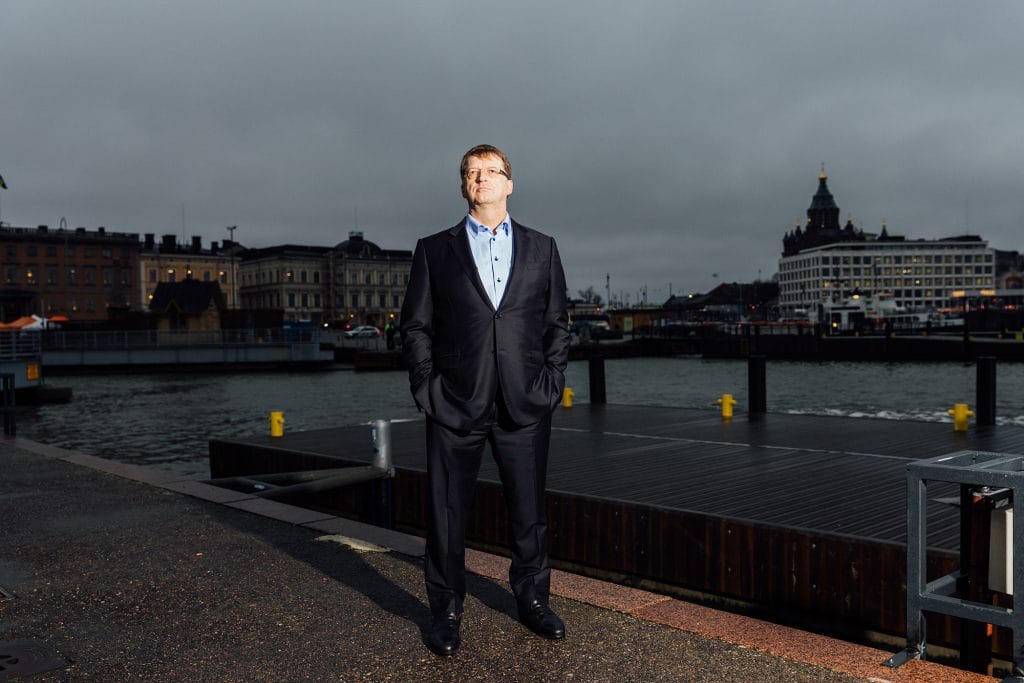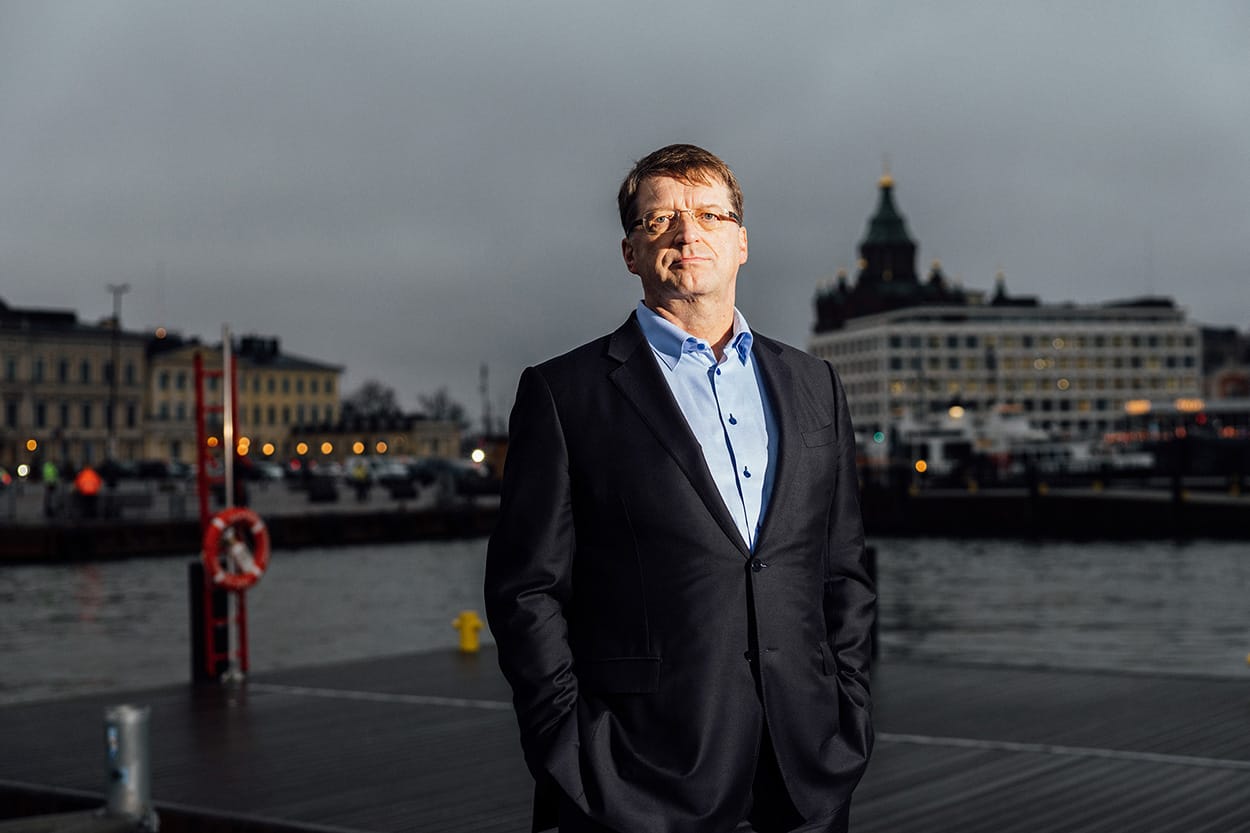Tuomas Sandholm, Professor of Computer Science at Carnegie Mellon University, is one of the world’s leading researchers in computational game theory. He has been awarded the Alfred Kordelin Prize for his pioneering work that combines artificial intelligence and game theory.
Artificial intelligence is much more than language models. Its applications extend to healthcare, defense, and economics alike.
Since 2010, the U.S. national kidney exchange has been optimized with an AI algorithm developed by Finnish researcher Tuomas Sandholm and his team.
“Optimizing kidney transplants is an extremely difficult computational problem. The number of possible combinations of exchange rings and chains exceeds the number of atoms in the universe,” Sandholm explains.
Exchange rings and chains consist of donor–patient pairs who are incompatible due to their blood or tissue types. Sandholm’s algorithm identifies the best possible combination of these rings and chains.
Previously, kidney exchanges relied solely on exchange rings, but Sandholm and his collaborators went on to develop never-ending altruist-donor exchange chains. Today, most kidney exchanges worldwide – over 10,000 life-saving transplants so far – are carried out using such chains.
“Without AI, creating the best combinations of chains would be impossible. This solution has saved countless human lives,” says Sandholm.
A Journey from Otaniemi to the U.S.
Sandholm’s path to reshaping the U.S. organ exchange system and joining Carnegie Mellon began in Otaniemi, Espoo. He earned his Master’s degree in engineering at the Helsinki University of Technology and became fascinated with game theory and AI early on.
After graduation, Sandholm moved to the United States. In the early 2000s, he settled in Pittsburgh, Pennsylvania, home to Carnegie Mellon University.
Today, he is among the world’s most renowned computational game theorists, though his name may be less familiar in Finland. That is why receiving the Alfred Kordelin Prize from his home country holds special meaning for him.
“I didn’t even know I had been nominated. It was wonderful to see such recognition coming from Finland after all these years.”

When Research Meets Entrepreneurship
Alongside his research, Sandholm has founded several companies. CombineNet, established in 1997, developed combinatorial auction technology used to optimize large-scale logistics networks, reducing both emissions and costs.
His newest company, Strategy Robot, develops game-theoretic AI for defense applications. It helps ensure that democratic nations have access to the best available tools for optimizing defense strategies.
According to Sandholm, research and entrepreneurship go hand in hand.
“Working on real-world problems helps identify new research questions. Real-world applications, like kidney exchanges, combinatorial auctions, and defense systems, push science forward.”
An Engineer at Heart
Sandholm describes himself as an engineer at heart.
“I don’t just want to understand how things work — I want to make them better. Understanding should serve improvement.”
He has always sought out projects that combine scientific significance with tangible societal impact. Some of his work has focused on optimizing transportation networks and reducing emissions, others have helped extend human lives through organ transplants.
“I try to direct my research toward problems that truly matter to people and society.”
